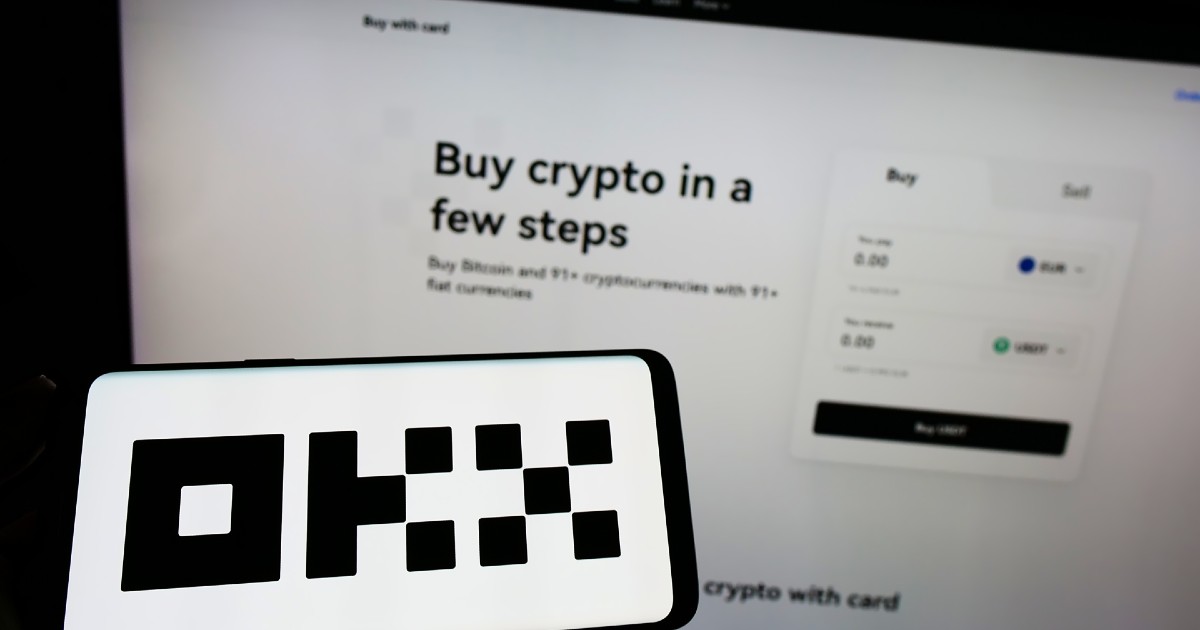Crypto exchange Kraken cautioned against growing cases of fraudulent recruitment attempts, in which scammers impersonate company staff to extract personal information, payments, and access to digital wallets.
Digital assets meet tradfi in London at the fmls25
The trend has reportedly escalated in recent months, prompting new warnings across the industry. Reports show fraudsters approaching potential victims on LinkedIn, email, and messaging apps with unsolicited job offers, partnership proposals, or quick-earning opportunities.
Scammers Use Jobs as the New Bait
According to the exchange, criminals frequently use real employee names, profile photos, and cloned job posts to appear credible. Some of these schemes develop over weeks, with scammers building rapport before making financial or data-related requests.
This method, often described as “pig butchering,” has been linked to large-scale losses. In one recent case, authorities in the U.S. reportedly recovered a substantial sum tied to similar fraud networks.
Other scams operate at speed, using pressure tactics to push targets into immediate action. Victims are asked to pay upfront fees, cover training or equipment costs, or share sensitive wallet information. Legitimate employers do not request any form of payment or access to personal keys as part of a hiring process.
Public social media profiles have made it easier for scammers to tailor their approach. Personal details shared online help impersonators imitate familiar language or interests, increasing the likelihood of engagement.
Independently Confirming Job Offers
Kraken is now emphasizing slowing down as the most effective defense. Candidates are advised to independently confirm job offers through official company websites rather than relying on contact details provided by the caller or message sender.
Users have also been urged not to share passwords, login details, or wallet keys under any circumstances. Typing website URLs manually rather than clicking links reduces exposure to cloned sites. Responding to unsolicited messages, including simple greetings, can also validate a target’s contact details, leading to further attempts.
The growing use of AI-generated content and deepfakes has added complexity, as images, profiles, and even voice clips can be fabricated. Cross-checking information with multiple credible sources is increasingly necessary before providing personal data.
You may also like: One in Three Americans Faces Crypto Fraud, with 30% Exposed to Ponzi Schemes
Recent reports show that the rise in AI has exacerbated cases of fraud. Financial institutions are reportedly facing a sharp rise in AI-driven identity fraud, according to a new report by verification firm Veriff. The company found that one in every 20 ID verification attempts in the financial services sector is now fraudulent, highlighting the growing scale of online scams.
Veriff’s “Future of Finance” report notes that identity fraud in the sector increased by 21% over the past year. The findings, based on Veriff’s internal data and survey responses from industry professionals and consumers, point to a growing reliance on deepfakes and AI-generated content to manipulate identity checks.
This article was written by Jared Kirui at www.financemagnates.com.
You can get bonuses upto $100 FREE BONUS when you:
💰 Install these recommended apps:
💲 SocialGood - 100% Crypto Back on Everyday Shopping
💲 xPortal - The DeFi For The Next Billion
💲 CryptoTab Browser - Lightweight, fast, and ready to mine!
💰 Register on these recommended exchanges:
🟡 Binance🟡 Bitfinex🟡 Bitmart🟡 Bittrex🟡 Bitget
🟡 CoinEx🟡 Crypto.com🟡 Gate.io🟡 Huobi🟡 Kucoin.

















Comments